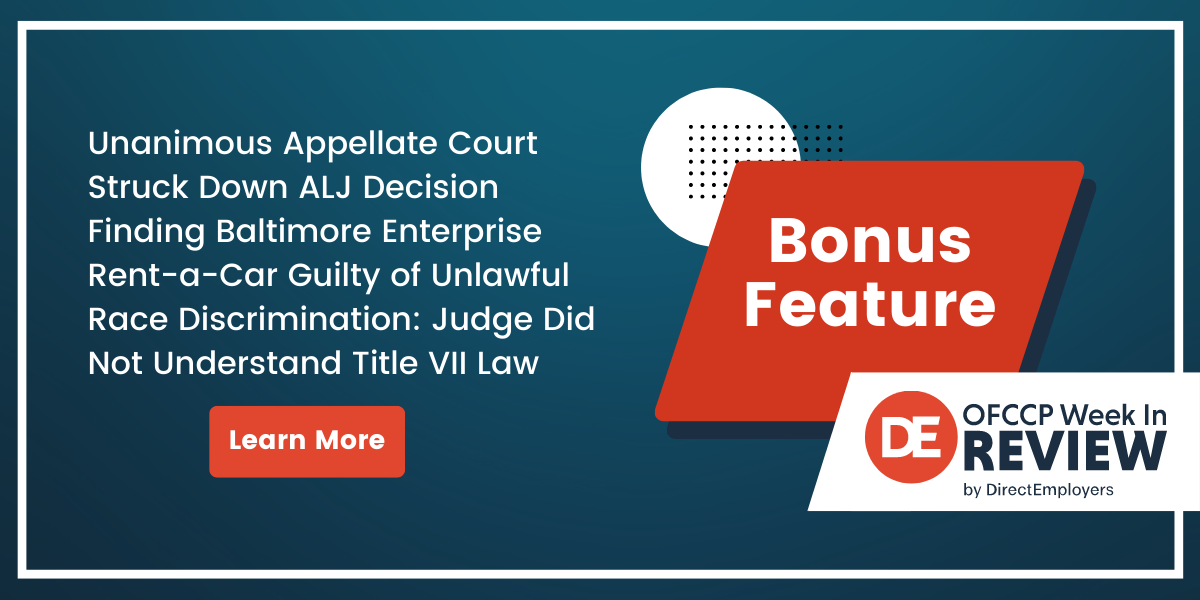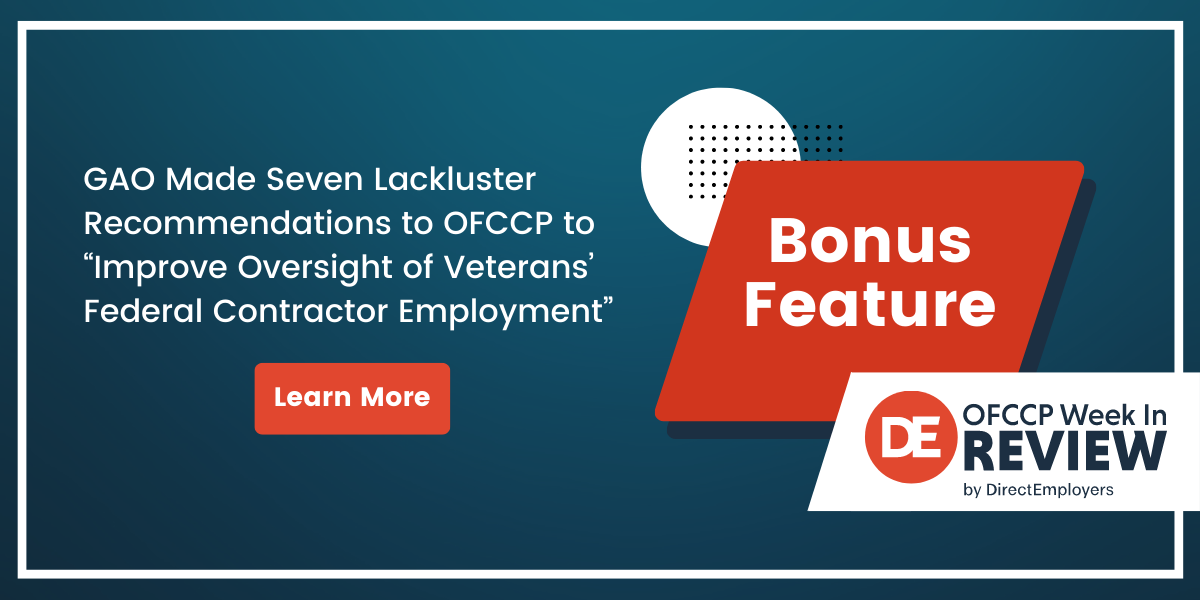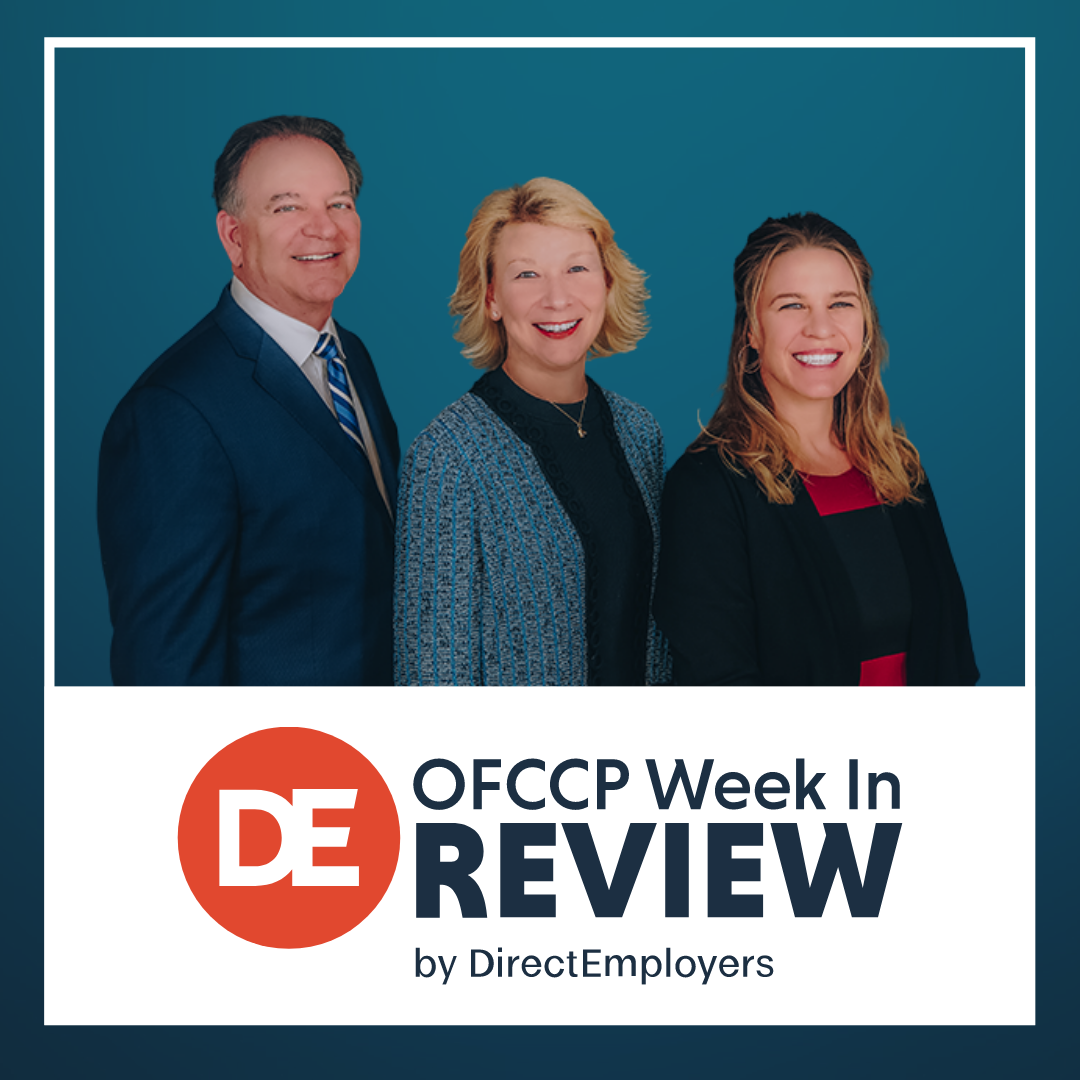 The DE OFCCP Week in Review (WIR) is a simple, fast and direct summary of relevant happenings in the OFCCP regulatory environment, authored by experts John C. Fox, Candee Chambers and Jennifer Polcer. In today’s edition, they discuss:
The DE OFCCP Week in Review (WIR) is a simple, fast and direct summary of relevant happenings in the OFCCP regulatory environment, authored by experts John C. Fox, Candee Chambers and Jennifer Polcer. In today’s edition, they discuss:
- Unanimous Appellate Court Struck Down ALJ Decision Finding Baltimore Enterprise Rent-a-Car Guilty of Unlawful Race Discrimination: Judge Did Not Understand Title VII Law
- The Crossroads of Mental Health Illness and the FMLA
- E-Verify Clarified Process Terms
- EEOC Commissioner Nominee Failed to Secure U.S. Senate Confirmation: Political Drama About To Unfold
- GAO Made Seven Lackluster Recommendations to OFCCP to “Improve Oversight of Veterans’ Federal Contractor Employment”
- Overtime Listening Session For West Coast Employers
- E-Verify Improves Process Forms
- Comment Now on Functional Affirmative Action Program Processes
Wednesday, November 3, 2021: Unanimous Appellate Court Struck Down ALJ Decision Finding Baltimore Enterprise Rent-a-Car Guilty of Unlawful Race Discrimination: Judge Did Not Understand Title VII Law
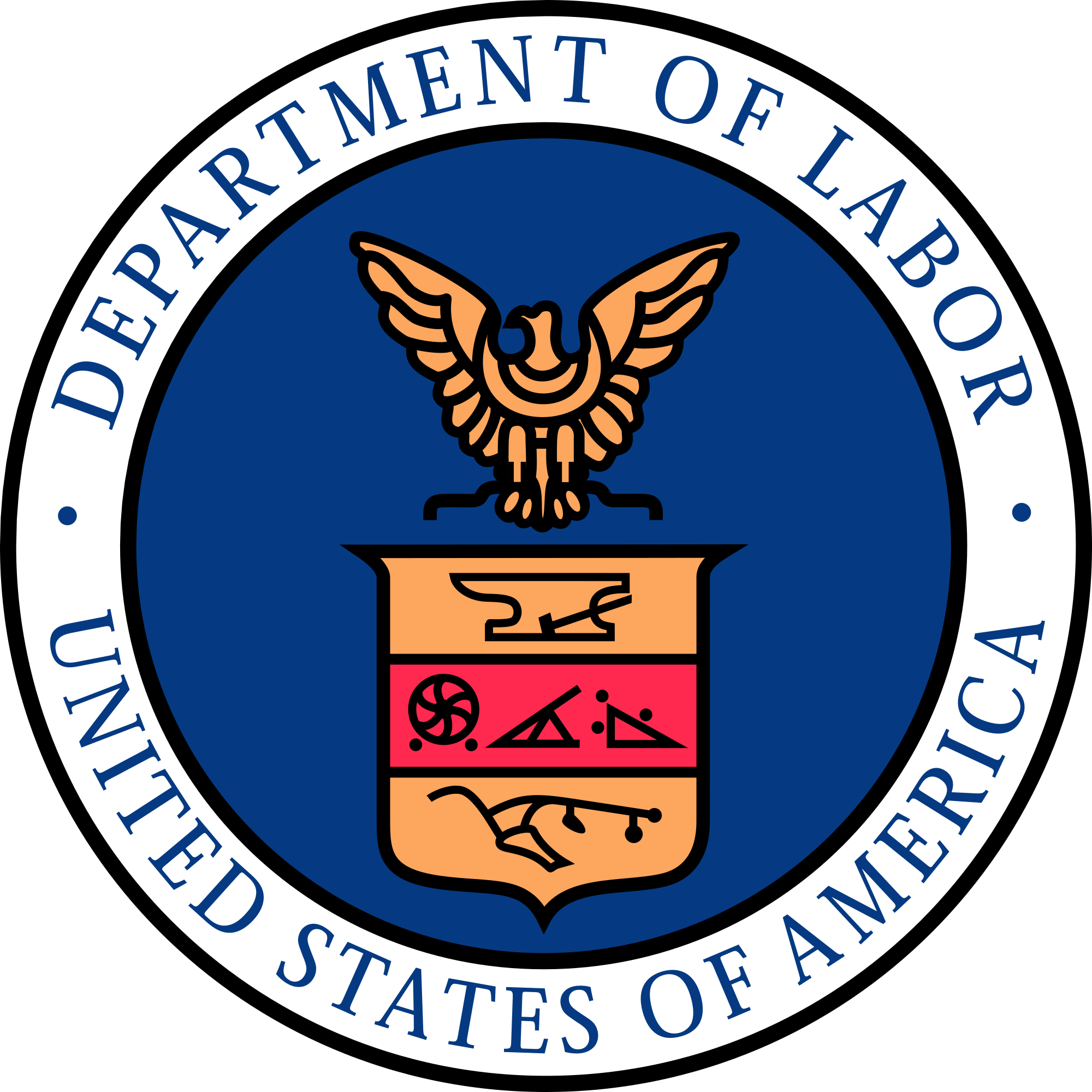
In an unforgiving decision, a unanimous Administrative Review Board of the USDOL reversed and remanded the entirety of the 2019 Recommended Decision and Order of USDOL Administrative Law Judge Morris Davis. In doing so, the ARB held that Judge Davis misunderstood and misapplied both the “disparate impact” and “disparate treatment class-type discrimination” law theories of liability to the facts of the case. (Judge Davis retired after he filed his decision in 2019 in this case and then ran as the Democrat candidate in the 2020 elections for the U.S. House of Representatives in Ashville, North Carolina, and lost). What the ARB politely did not mention was that Judge Davis (a former career-long criminal prosecutor on the Air Force Judge Advocate General staff) had only followed the path of argument the Solicitor of Labor had argued to him.
In 2019, Judge Davis had found Enterprise guilty of unlawful discrimination in the hiring of African Americans in Baltimore for Enterprise’s Management Trainee position (despite a favored and longstanding level of engagement with the HBCUs and Black community in Baltimore, and nationwide). Specifically, Judge Davis found Enterprise was liable under Executive Order 11246 for discrimination between 2007-2012 and 2014-2017 following an OFCCP Compliance Review which had begun in 2008. (Yes, those dates are correct, although hard to believe/embarrassing for OFCCP that it can take that many years to do its business). Judge Davis found liability under both the “disparate impact” and “disparate treatment class-type discrimination” law theories of liability. While it is clear OFCCP may bring both theories together in the same case, or only one of them, the ARB found Judge Davis misunderstood and misapplied both theories to the facts of the case.
The decision is a good short primer on the differences between the two primary theories of unlawful class-wide discrimination: “disparate impact” versus “disparate treatment intentional class-type” (aka “pattern and practice” litigation; or what OFCCP calls “systemic” discrimination, and in audits refers to a (misnamed) “IRA” formula (“Impact Ratio Analysis”).
Why Are We Just Hearing About This ARB Case Decision Now?
The parties only received word on Thursday (May 25, 2022) of the November 3, 2021 ARB decision. Clerk’s offices in courthouses have been among the hardest hit workplaces, in our experience, during the COVID-19 pandemic.
We discuss in the jump to the full Blog that OFCCP’s Disparate Treatment Claim Lacked Any Proof of Pretext and also that OFCCP’s Adverse Impact Claim Lacked Any Proof of the Basic Elements of The Claim. In the jump to the Blog, we also explain what proof these two theories of discrimination law require. They are often confused in the marketplace, as OFCCP and Judge Davis did in this case.
Wednesday, May 25, 2022: The Crossroads of Mental Health Illness and the FMLA
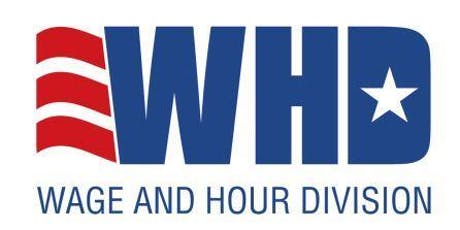
An eligible employee may take FMLA leave for their own serious health condition or to care for a spouse, child, or parent because of their serious health condition. A serious health condition may include a mental health condition.
New Guidance
The new guidance includes:
The Agency also has an FMLA Compliance Assistance Toolkit.
Wednesday, May 25, 2022: E-Verify Clarified Process Terms

| Old Term | New Term |
| Tentative Nonconfirmation | Tentative Nonconfirmation (Mismatch) |
| TNC | Mismatch |
| Case Verification Number | E-Verify Case Number |
| Contest | Take Action to Resolve |
Wednesday, May 25, 2022: EEOC Commissioner Nominee Failed to Secure U.S. Senate Confirmation: Political Drama About To Unfold

Under an agreement between Republicans and Democrats operating when there is no majority for either party in the United States Senate (as has been the case since early January 2020 following the 2020 Presidential and Senate Elections) the Majority Leader of the Senate comes from the party of the President resident in the White House at the time. (This is why, for example, Senator Chuck Schumer (D-NY) is the Senate Majority Leader of a 100 Member U.S. Senate divided evenly between the two parties (48 Democrats and 2 Independents (who caucus with the Democrats) vs 50 Republican Senators).
Another part of the agreement requires Senate Committees to be staffed evenly between Democrats and Republicans, even while being chaired by a Senator from the same party as the Senate Majority Leader. This even-voting pattern thus allows for the phenomenon of equal party-line votes which do not have the requisite majority to pass a Presidential Nominee out of the Committee (as happened with Ms. Kotagal’s nomination).
Yet another part of that same Republican/Democrat agreement allows the Senate Majority Leader the privilege, should he choose to use it, to reach down into Committees and rescue stalled Presidential Nominees, like Ms. Kotagal, to bring them up to the Senate for a full Senate Floor Vote (to thus bring an end to the Senate’s Article II, Section 2, Clause 2 constitutional right of “advice and consent” as to certain Presidential Nominees (like Ms. Kotagal) to serve in the federal government.
Thus far, Senator Schumer has rescued all the President’s Nominees stranded by party-line Committee votes and has brought them up for a full Senate Floor Vote if he thought the Nominee had a chance to pass a full vote on the Senate Floor. (Senator Schumer has also rescued and brought up as well from a stalled Committee vote a few Nominees who eventually failed on the Senate Floor despite the Senator’s pre-vote headcount).
Also, so far, Senators Joe Manchin (D-WV) and Kyrsten Sinema (D-AZ) have voted with the Democrats on almost all Nominee votes on the Senate Floor, even while routinely breaking with their fellow Democrats on left-wing Democratic policy issues.
Senator Schumer will now “count heads” in the U.S. Senate to see if he can muster at least the fifty votes needed to force a tie-vote and then cause Vice President Kamala Harris to cast the needed tie-breaker vote in favor of Ms. Kotagal’s Nomination. But, if any Democrat or Independent Senator balks at Ms. Kotagal’s Nomination, for whatever reason, and no Republicans “reach across the aisle” to vote in favor of her Nomination, her Nomination will either then languish or the President will withdraw it.
We are thinking that Ms. Kotagal’s Nomination will proceed and she will, eventually, be sworn into office. The President will exert great pressure on his fellow Democrats in the U.S. Senate to vote in favor of Ms. Kotagal. Democrats think the EEOC is an important political platform for them to use to rally their voting base by promising to save Black, Hispanic, and Disabled voters, in particular, from alleged unlawful discrimination at the hands of what party propaganda will describe as money-hungry corporations trampling individual statutory rights.
Also, the White House hopes to woo women to the Democrat party by focusing on the passage of corporate pay reporting obligations into law through the EEOC and using the EEOC to help find women who are victims of unlawful pay discrimination the Democrats hope to remedy and to save them from further inequality. Also, the White House plans to use the EEOC, once in the control of Democrats with its next nominee to the EEOC (which it hopes is Ms. Kotagal), as a messaging platform to the LGBTQ community through continuous EEOC public service announcements reminding the community that the Biden EEOC is protecting LGBTQ rights against corporate employers allegedly unlawfully discriminating against them.
So, a lot “is on the line” as to the Kotagal Nomination in the view of Democrats running the federal government. Should July 1, 2022, come and go, and if the U.S. Senate has not by then voted to confirm a Presidential Nominee to be a Member of the five-Member Commission, Republican Commissioner Janet Dhillon will be able to remain on the Commission even after her five-year term “times out” if she wishes to remain until a Nominee is confirmed or to the end of the calendar year, whichever comes first.
Thursday, May 26, 2022: GAO Made Seven Lackluster Recommendations to OFCCP to “Improve Oversight of Veterans’ Federal Contractor Employment”
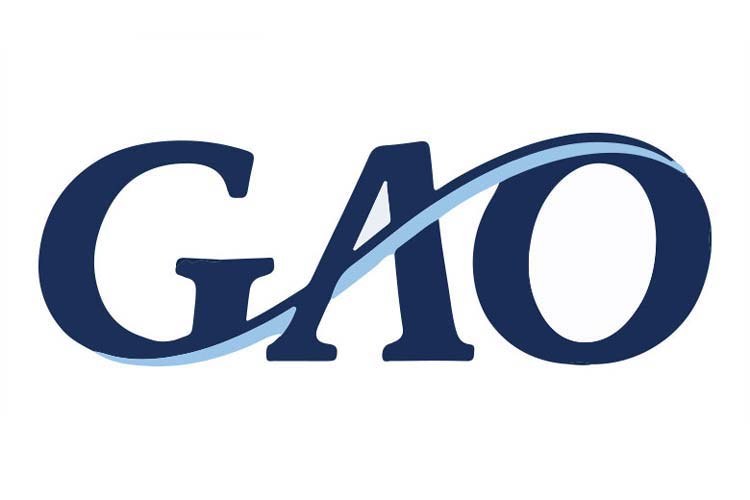
The GAO’s Protected Veterans Report, however, seems to be a report in search of a purpose. Because the Report discusses only recommendations for improvement, it does not comment on what former OFCCP Director Pat Shiu (D-Obama Administration) called the “magic sauce” which got Protected Veterans hired: the “listing” of federal contractor jobs with state Career One-Stop Centers to provide those veterans a “Priority Referral” pursuant to 38 USC Section 4212, as amended (aka “VEVRAA”) and OFCCP’s VEVRAA implementing Rules at 41 CFR Section 300.5(a)(2). None of the Report’s seven recommendations are earth-shattering or much affect a veterans’ program which is working well by most accounts, and as Veterans’ unemployment nears record lows of only 3% according to the most recent USDOL Bureau of Labor Statistics (“BLS”) monthly Employment Situation report dated May 6, 2022 at Table A-5.
Read the GAO’s seven Recommendations below followed by our Editorial Notes (always the best part because they tell the real story!):
Thursday, May 26, 2022: Overtime Listening Session For West Coast Employers

“Our goal is to use these sessions to listen, engage the public, and hear their perspectives on the possible impact of changes to the regulations,” explained Acting Wage and Hour Division Administrator Jessica Looman. “In today’s competitive labor market, job quality and fair pay are critical to retaining and recruiting the people needed to keep businesses open.”
Requested Feedback
The Agency seeks input on the following:
- the appropriate salary level above which the exemptions for bona fide executive, administrative, or professional employees may apply;
- the costs and benefits of increasing the salary level for employers and employees, including increasing wages and reducing litigation costs;
- the best methodology for updating the salary level and the appropriate frequency of updates;
- whether other changes to the overtime regulations are warranted.
Event Details
- Friday, June 3, 2022
- 12:30 – 1:30 p.m. PDT
- Register Online
Thursday, May 26, 2022: E-Verify Improves Process Forms

Further Action Notice Document
The updates to this Notice include:
- a more logical order to the process steps;
- improvements to the use of plain language;
- a new system-generated date for employees and employers to act on the case; and
- a new section titled “Your Rights in this Process” containing new U.S. Equal Employment Opportunity Commission (EEOC) contact information.
Referral Date Confirmation Letter
The updates to this Letter include:
- improvements to the document layout and clarity of employee instructions; and
- consolidation of three agency-based referral letters into one standard letter.
Friday, May 27, 2022: Comment Now on Functional Affirmative Action Program Processes
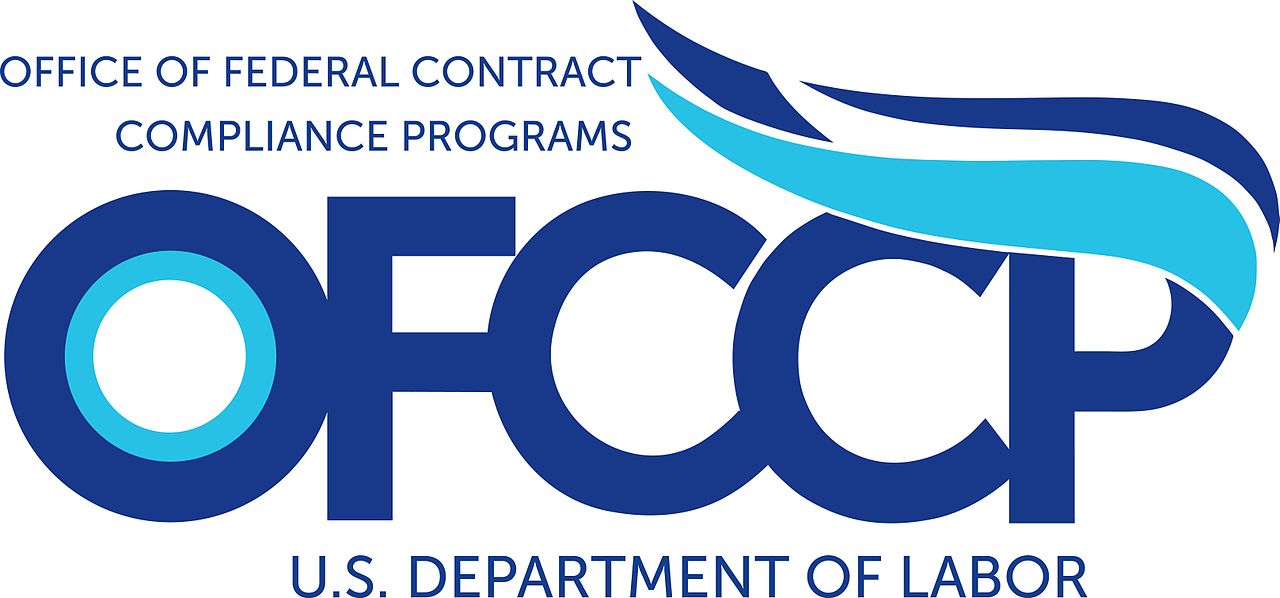
The ICR addresses the collection of information associated with the process to obtain, modify, update, and renew an agreement that allows contractors to develop and use Functional Affirmative Action Programs (FAAPs).
Comment on:
- whether the collection of information is necessary for the proper performance of the functions of the Department, including whether the information will have practical utility;
- if the information will be processed and used in a timely manner;
- the accuracy of the agency’s estimates of the burden and cost of the collection of information, including the validity of the methodology and assumptions used;
- ways to enhance the quality, utility, and clarity of the information collection; and
- ways to minimize the burden of collecting information on those who are to respond, including the use of automated collection techniques or other forms of information technology.
Comment Now
The OMB will consider all written comments received on or before June 27, 2022.
THIS COLUMN IS MEANT TO ASSIST IN A GENERAL UNDERSTANDING OF THE CURRENT LAW AND PRACTICE RELATING TO OFCCP. IT IS NOT TO BE REGARDED AS LEGAL ADVICE. COMPANIES OR INDIVIDUALS WITH PARTICULAR QUESTIONS SHOULD SEEK ADVICE OF COUNSEL.
SUBSCRIBE.
Compliance Alerts
Compliance Tips
Week In Review (WIR)
Subscribe to receive alerts, news and updates on all things related to OFCCP compliance as it applies to federal contractors.
OFCCP Compliance Text Alerts
Get OFCCP compliance alerts on your cell phone. Text the word compliance to 55678 and confirm your subscription. Provider message and data rates may apply.

